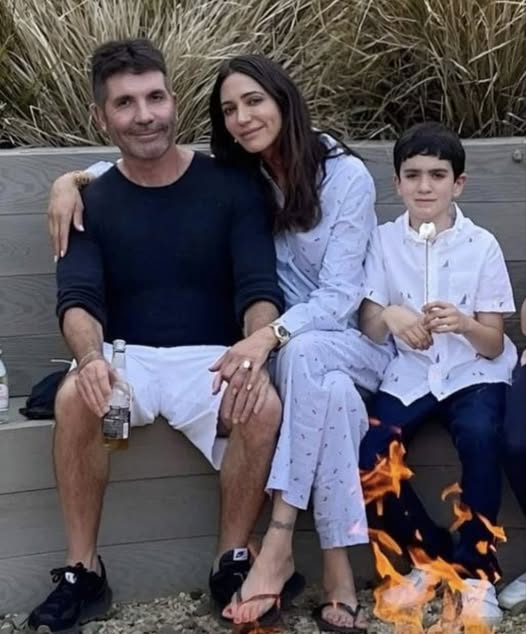Simon Cowell’s rise from a junior assistant at a record company to one of the most influential figures in global entertainment reads like a modern fairy tale—with a healthy dose of blunt honesty and relentless ambition. Born into a comfortable but unremarkable London household, he left school early and landed a junior role at EMI Records through his father’s industry connections. There, he discovered a knack for spotting raw talent, spending his days listening to demos and dreaming of the acts he could propel to stardom.
After a couple of failed label ventures that forced him to move back into his childhood home, Cowell took stock of his ambitions. Rather than be discouraged, he saw those setbacks as valuable lessons in what not to do. With renewed focus, he launched S Records, signing the boy bands 5ive and Westlife and producing a memorable 1995 cover of “Unchained Melody.” These early successes proved that Cowell’s ear for catchy hooks and marketable personalities was spot on, and they set him on a path to television fame.
In 2001, he teamed up with television producer Simon Fuller to create Pop Idol. As a judge, Cowell’s brutally honest critiques—often prefaced with his trademark “I don’t mean to be rude, but…”—became appointment viewing. Audiences around the UK tuned in each week to watch hopefuls brave his razor-sharp tongue. When that format crossed the Atlantic as American Idol, Cowell’s stardom exploded. His dismissive quips made him a cultural phenomenon, and he was soon earning tens of millions of dollars a year, all while reshaping pop music and reality TV.
Building on that momentum, Cowell developed The X Factor in both the U.K. and U.S., then Britain’s Got Talent, America’s Got Talent and numerous international spin-offs. Each show offered him new opportunities to flex his creative muscles, whether by discovering future superstars, brokering lucrative recording deals, or simply delivering a memorable zinger at a contestant’s expense. By 2020, his annual income hovered around $50 million, and his net worth surpassed $600 million. Yet despite the staggering wealth, Cowell has never lost his appreciation for the lean years—he still describes those early mornings sifting through tapes as some of the most thrilling of his career.
Behind the scenes, Cowell’s health and appearance have undergone as much scrutiny as his TV persona. He’s admitted to trying Botox, non-surgical facelifts and even unconventional “sheep placenta” facials, all in pursuit of a youthful glow. However, when his son Eric began to feel uneasy about his father’s changing face, Cowell scaled back his cosmetic interventions and adopted a simpler skincare routine—proof that even a media mogul is sensitive to a child’s feelings. He has also publicly shared his recovery from serious incidents, including fainting from low blood pressure in 2017 and enduring extensive back surgery after a cycling accident in 2020. His grueling rehabilitation—walking over 40 miles a week—underscores the discipline and determination that have defined both his professional and personal life.
America’s Got Talent merchandise
Few chapters of Cowell’s story are as transformative as his journey into fatherhood. When Eric was born in 2014, Simon admits he was initially unprepared for the all-consuming responsibilities of parenting. Yet he quickly fell head over heels, calling his son “the most amazing thing that’s ever happened” to him. Eric’s arrival prompted Cowell to rethink his priorities: he adjusted his schedule to be there for first steps and school recitals, and he scaled back late-night recording sessions in favor of bedtime stories. These small sacrifices, Cowell says, taught him more about himself than any chart-topping single ever could.
Perhaps the most surprising twist in Cowell’s personal life is his decision regarding his fortune. Rather than leave his son a vast inheritance, he has made it clear that his wealth will largely go to charitable causes. He believes that Eric should earn his own successes, just as Simon did, and he hopes that his philanthropic legacy will inspire others to use their resources for positive change. This choice has stirred both admiration and debate—some see it as a bold statement about self-reliance, while others worry it denies Eric the security his father worked so hard to provide.
Through every high-profile triumph, health scare and tender family moment, Simon Cowell remains a study in contrasts: ruthless yet generous, candid yet sensitive, a magnate who never forgets the joy of discovering a fresh voice in a sea of amateurs. His story reminds us that fame and fortune are byproducts of vision and perseverance—and that the toughest decisions, whether on camera or at home, often reveal the truest measure of a person.
